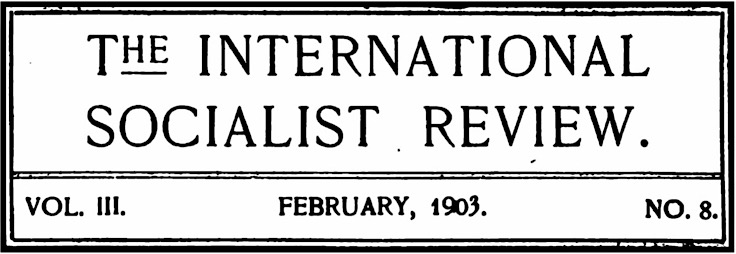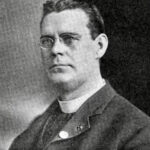 —————
—————
Hellraisers Journal – Sunday February 15, 1903
Mother Jones News Round-Up for January 1903, Part II
-Speaks at Miners’ Convention, Meets with Socialists
From The Indianapolis Journal of January 22, 1903:
TRIP LIGHT FANTASTIC
———-
MINERS’ DELEGATES ATTEND BALL
AT TOMLINSON HALL.
———-
Early Adjournment of the Convention
in Order that the Auditorium
Could Be Cleared.
———-
MOTHER JONES MAKES SPEECH
———-
[…..]
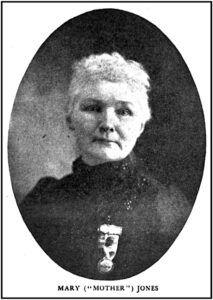
The dance of the Indianapolis garment workers in Tomlinson Hall last night interfered with the session of the mine workers’ convention that was to have been held during the afternoon. In order that the Janitors might prepare the floor of the hall for the dance the convention adjourned at noon until 9 o’clock this morning, after a motion to omit the afternoon session had carried.
The morning session was a busy one during the earlier hours, but toward noon had resolved itself into speech-making. Mother Jones, the woman friend of the miners, who was enjoined by Judge Jackson’s order prohibiting inflammatory speeches in the coal-mining district, was called on for an address. Her speech was typical of the woman and socialistic in tone. Her recommendation to the miners was that they use their votes as citizens to change conditions In the trade. Mother Jones was pessimistic in her views on the possibility of friendly relations between capital and labor. She thinks there is such a gulf between the two classes that it can never be bridged except by a change in government. The miners could adjust the conditions by their vote, she said, if they voted right. Now miners in America are existing as miserably as the serfs in Russia, and will continue so until all of the changes are made in the government which she suggests, she insinuated in her speech…..
[Photograph added.]
From The Indianapolis News of January 22, 1903:
SOCIALISM’S VOICE IN MINERS CONVENTION
———-
EXPRESSION ON GOVERNMENT
OWNERSHIP WANTED.
———-
INITIATIVE AND REFERENDUM
———-
Miners Voted Unanimously Not to
Incorporate Their Organization
-Question of Co-Operative Stores
———-
At the opening of the United Workers’ convention this morning, there was the first clash of the year between the conservatives and the Socialistic factions. It originated in a resolution from an obscure local union, favoring an expression of Government ownership of coal mines and railroads.
A motion on the part of the conservatives to table it brought on a long discussion, and many leaders of the two factions were heard.
The socialistic faction based its arguments on the anthracite strike and the combination of coal companies and railroads and that a tendency not to treat with miners “according to the laws of man or God” made it necessary for the Government to take some such action.
Delegate Walker, of Illinois, in a long speech, said that the coal companies and railroads were now in a combination injurious to the interests of the people, and were holding back coal to boost prices.
Delegate Lusk, of West Virginia, also charged heartless attitude of coal operators and railroads not only to the miners, but to the people.
The controversy was finally ended for the time, on a motion of Chris Evans, of Ohio, to refer the matter back to the committee.
[…..]
William R. Fairley, executive committeeman for the Alabama district, in a speech of some length, laid before the convention a grievance of the Alabama miners on the speech made yesterday by Mother Jones, in which, he claimed, she held them responsible for the appalling child labor conditions in Alabama. Mother Jones made a reply in which she said she did not hold the miners responsible only in so far as they cast votes for and elected members of agricultural classes to the Legislature, who permitted the infants to be worked and murdered by mill and mine owners. She ripped the State of Alabama up and down. At the close of the discussion Patrick Dolan, president of the Pittsburg district, moved that Fairley and Mother Jones kiss and make up. There was a great deal of laughter but no vote was taken…..
Continue reading “Hellraisers Journal: Whereabouts and Doings of Mother Jones for January 1903, Part II: Speaks at Convention of United Mine Workers, Meets with Socialists” →
 —————
—————
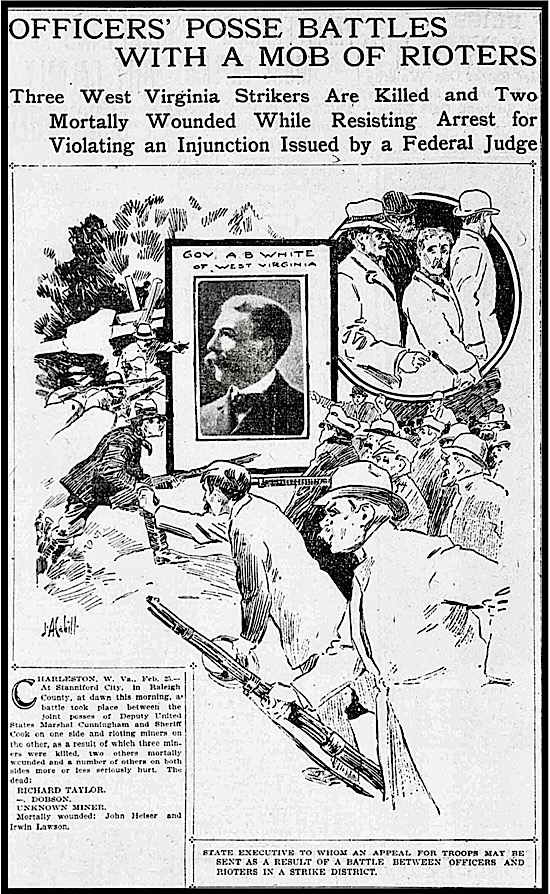
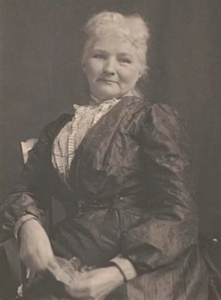
 —————
—————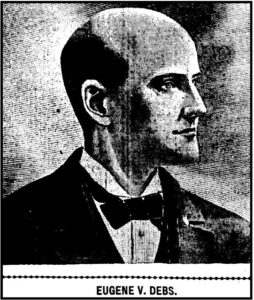
 —————
—————
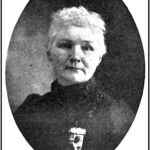
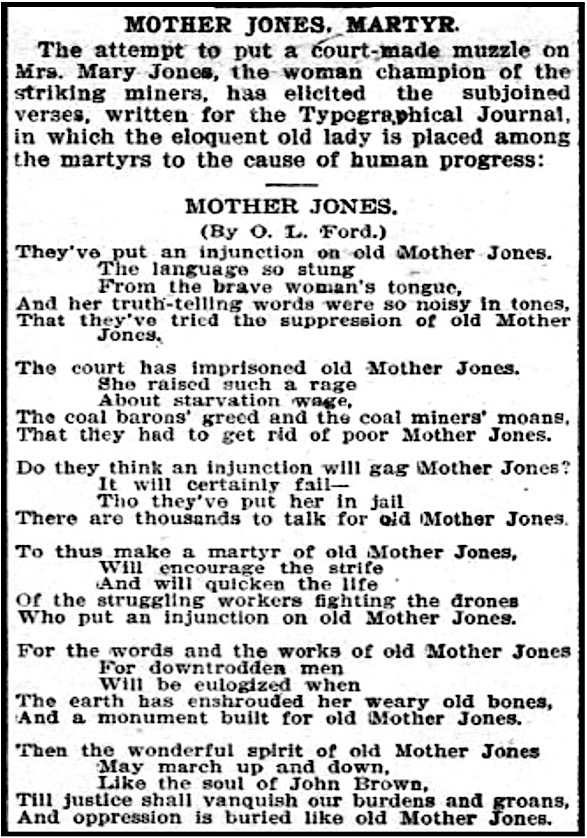
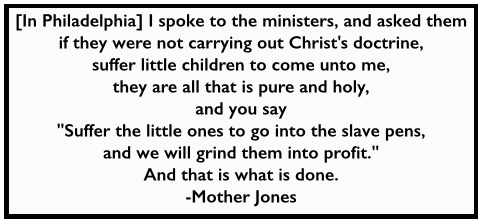 —————
—————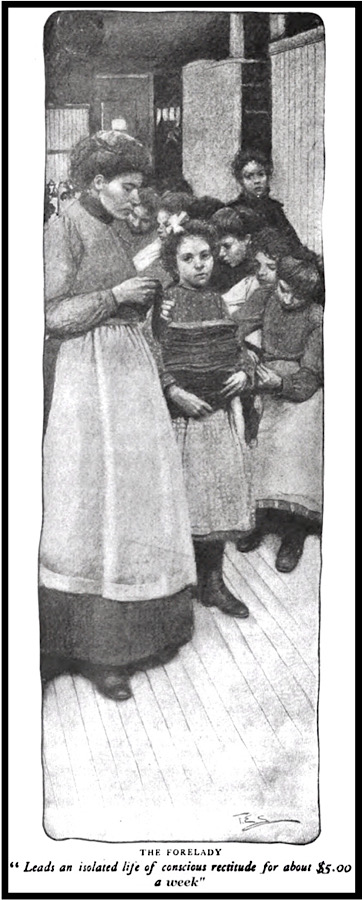
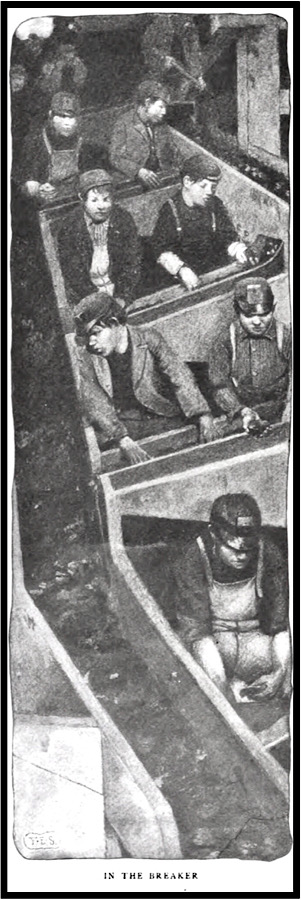
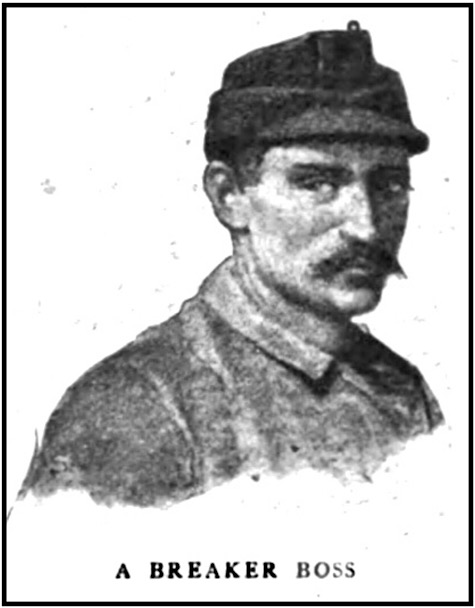
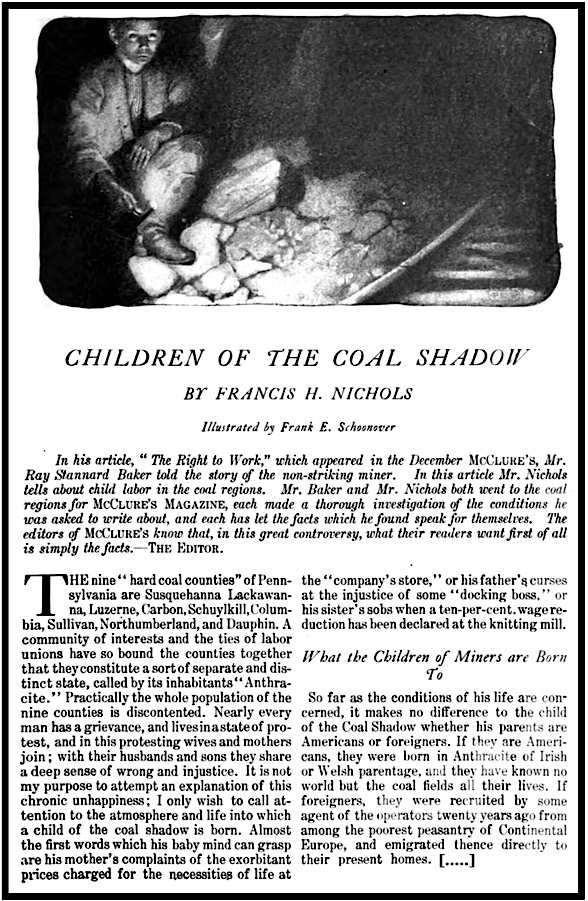
 —————
—————